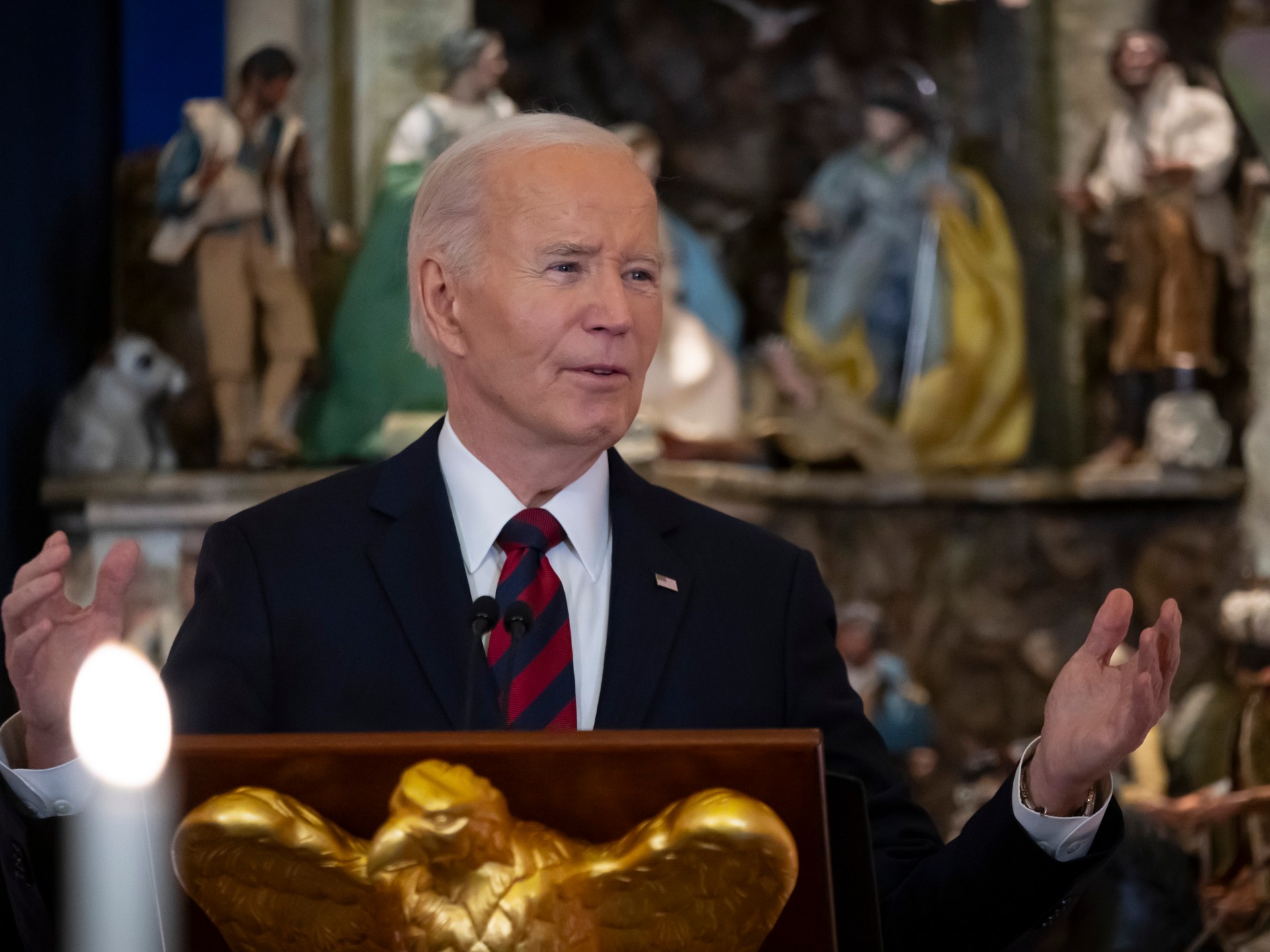While serving as a contractor and senior advisor for the United States Agency for International Development (USAID), Alex Smith had wide-ranging powers.
It is commissioned to provide insight into issues related to gender, infectious diseases, nutrition and maternal and child health.
All of these issues converged in Gaza with the emergence of the Israeli blockade. The blockade has limited access to food, water and medicine, leading to the closure of hospitals and medical units. The United Nations has also repeatedly warned that northern Gaza is at “imminent” risk of famine.
According to the nonprofit Save the Children, at least 3,100 children under the age of five were killed in Gaza as of October. In a survey of children in that age group, the nonprofit found that nearly 20 percent were suffering from acute malnutrition. Another 4 percent face severe acute malnutrition.
Likewise, the United Nations found that an estimated 46,300 pregnant women in Gaza are facing “crisis levels” of hunger.
Smith decided to sound the alarm within his agency. He said he wrote emails to his senior officials, including Samantha Power, the administrator of the U.S. Agency for International Development, but to no avail.
Smith said the final straw was when the senior leadership withdrew his presentation on maternal and child deaths among Palestinians, despite initially agreeing to let him speak.
In the run-up to his presentation, he said his slides were scanned, and he was given detailed instructions on what language to use.
He noted that he was asked not to refer to Israeli Arab citizens as “Palestinians,” even if they identified as such, and to avoid phrases such as “on the Gaza border.” Even the map of Gaza was deemed “unacceptable.”
“The whole thing was very Orwellian,” Smith said, referring to British novelist George Orwell. “It’s taken straight from the pages of 1984.”
After the presentation was cancelled, Smith said he had to make a choice: resign or face dismissal. Choose the previous one.
He currently works at a think tank, the Carnegie Endowment for International Peace, where he collects evidence for the courts.
As Smith reflects on his time in the Biden administration, he notes a stark contrast between Biden’s support for war-torn Ukraine and his lack of support for Gaza, where entire neighborhoods have been leveled.
When we talk about Ukraine, we can condemn the bombing of hospitals. We can talk about the resilience of people under attack. “We can talk about the perpetrators who attack them,” Smith said.
But when it comes to Gaza, we are not talking about these people. “We are not planning to rebuild their health systems.”
When he voted in the 2024 presidential race, Smith knew he could not support Biden’s running mate, Harris, for fear of continuing the president’s policies.
His home state of Maine uses a ranked choice system, allowing residents to give support to multiple candidates. Smith used his ballot to rank Harris as his last choice, behind third-party candidates Cornel West and Jill Stein.
Smith explained that he has a dim view of how Biden’s legacy will be viewed in the coming years. “He will be remembered as the American president who committed genocide against children in Gaza.”




